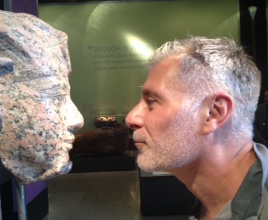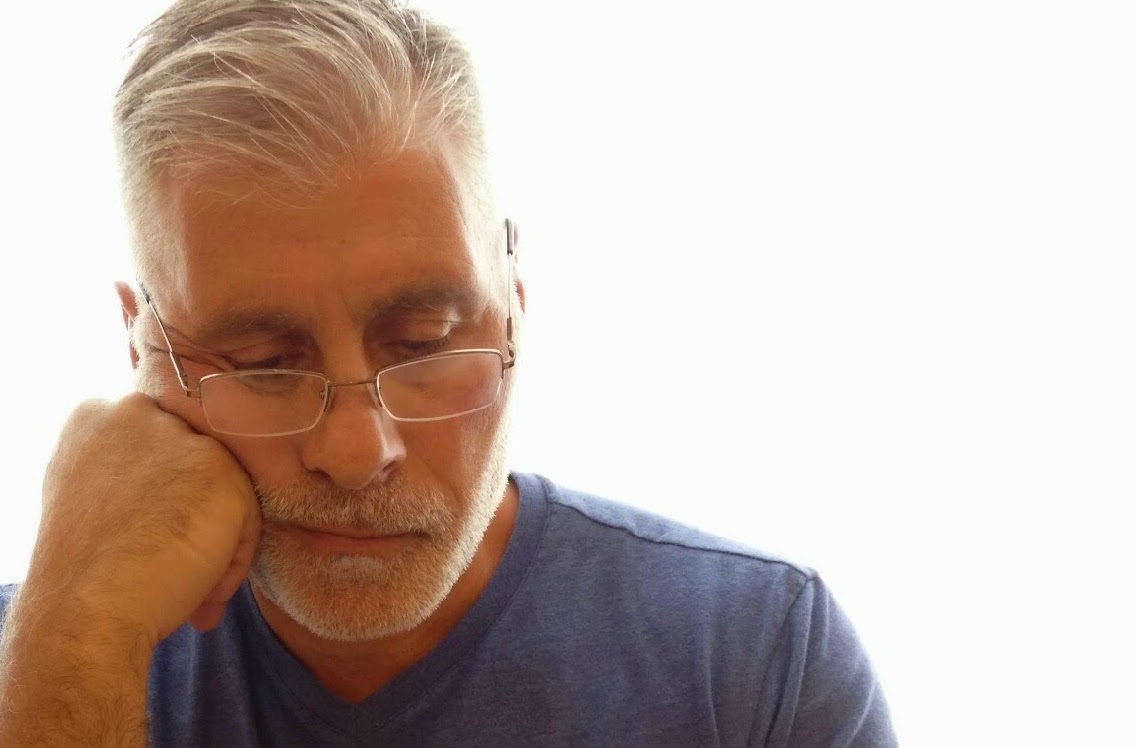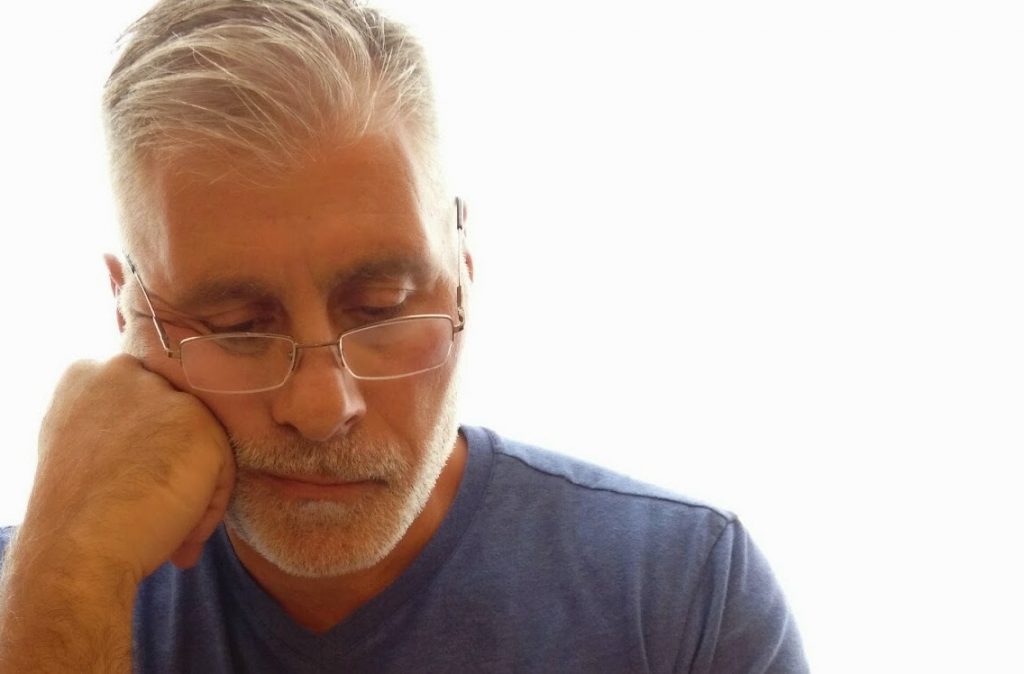“What is the link between social responsibility and environmental sustainability?” you might ask. The answer is leadership. However, for most, leadership isn’t simply something you come by or you were born with, nor is it a static quality that once earned it stays with you forever. Gilles Mesrobian, Adjunct Faculty member with the Bard MBA in Sustainability program, believes that leadership is a resource in need of development, management, and a clear picture of drivers and motivators.
 Mesrobian, who has over 25 years of experience in nonprofit management, philanthropy, and social service consulting, teaches Personal Leadership Development to MBA students, integrating theories of social behavior and evolutionary psychology into a new look at leadership.
Mesrobian, who has over 25 years of experience in nonprofit management, philanthropy, and social service consulting, teaches Personal Leadership Development to MBA students, integrating theories of social behavior and evolutionary psychology into a new look at leadership.
“Leadership is an expression of human behavior,” says Mesrobian. “Over the course of history, charismatic leaders have been drivers of the complex social structures we observe today.”
Those who possess strong leadership capabilities, for better or worse, have—perhaps obviously—shaped the course of human history. Over time we have formed larger, and more dynamic communities. On one hand, this has allowed society to benefit from the unparalleled prosperity and innovation of the last century. On the other hand, much of that benefit is unequally distributed and has come at the price of a changing climate, increasing income inequality, and many other social and environmental challenges.
“I believe the solution, is and always has been, strong leadership. Being a good manager is important, but being an effective leader needs to be approached from a different angle. Management isn’t necessarily about people, while leadership is.”
Bard MBA students receive, as part of their degree, leadership training from Mesrobian that emphasizes self-reflection. He believes it is important for individuals who are working towards positive social change to understand their capacity as a leader: their strengths and weaknesses.
“Bard MBA students share a passion and vision for the world that’s very different from my other experiences in other academic circles. They are extremely motivated, solutions oriented, optimistic, and the have a vision for where [society] needs to go. But most of all, I would say their best quality is that they are driven by their own personal missions.”
Mesrobian believes the recipe for sustainability begins with learning to do more with less. From lifestyles to industries, society can—and must—increase our efficiency in all aspects. Doing this is simple. When one redefines growth to emphasize quality over quantity, it is inherently in their best interest to be efficient. Lastly, according to Mesrobian, being holistic in our view of sustainability will integrate the social, economical, cultural, environmental, and political knowledge necessary to build a sustainable future.

